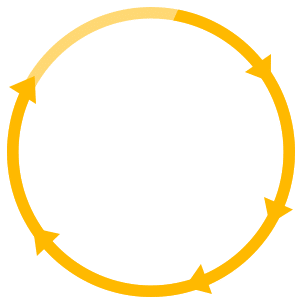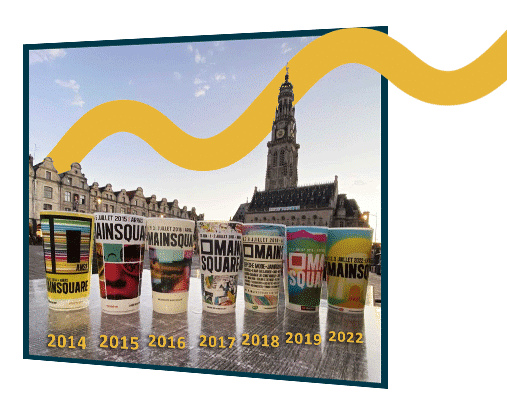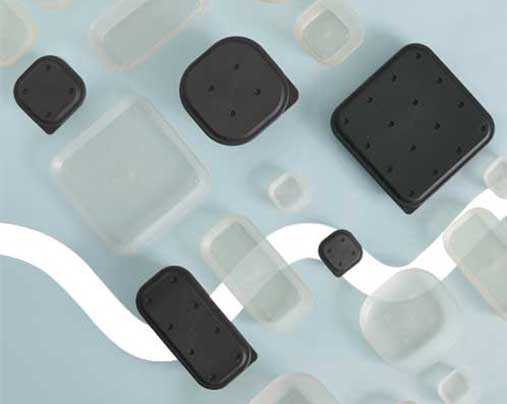

Why produce less to reuse more?



A detailed analysis of the life cycle of reusable containers
In 2019, we carried out a comparative life cycle analysis (LCA) of our Ecocup ® reusable cups against alternative single-use cup solutions with RDC environnement (independent consultancy).


Sorting & end-of-life

Usage

DESIGN


Transport

Raw materials & energy extraction

Manufacturing
The aim of the life cycle analysis of reusable containers
The aim: to validate the relevance of our solution by taking into account all the elements of the life cycle in order to assess our overall environmental impact.
A multi-stage assessment method
A product is made from raw materials andenergy.
This same product is then used and managed at the end of its life.
The Comparative Life Cycle Assessment (LCA) establishes a quantitative balance of all incoming flows (water, energy, raw materials) and outgoing flows (water, air, soil, waste), at each stage of a product’s life cycle.
This is a multi-stage evaluation method (production of raw materials, transport, product manufacture, distribution, use, washing in the case of reuse and end-of-life). This standardized method is used to measure the quantifiable effects of products or services on the environment.
INCOMING FLOWS
~Water
~Energy
~Raw material
OUTGOING FLOWS
~Water
~Air
~Soil
~Waste
Results and key indicators of the Ecocup ® life cycle analysis
The results of this study enable us to compare 3 types of beverage containers (the most widely used to date). The European Commission monitors 4 key indicators: impact on climate change, use of fossil fuels, depletion of water resources and eutrophication of marine waters. A 5th was also measured: the amount of waste generated.
Comparison of Ecocup ® reusable cups with single-use PP and PET cups
This approach allows us to assert that the reuse supported by Re-uz ® makes sense. This observation confirms the ecological interest of the solutions proposed by Ecocup ®: an eco-responsible alternative to single use.

Climate change (CO2 emissions)

Use of fossil resources

Water resource depletion

Quantity of waste

Eutrophication of marine waters



Scenario assumptions: [cup mass: Ecocup (30G); single-use alternatives (PP 3.4G and PET 6.1G)]; [Taux de recycl=””]; [Utilisation et fin de vie en FR et BE]
For 25 uses of Ecocup ® cups: 77% less CO2 emissions compared with PET cups and 63% less CO2 emissions compared with PP single-use cups.
The Re-uz ® dynamic: reuse at the heart of the system
The comparative life cycle assessment (LCA) study confirmed the relevance of Re-uz ® solutions. Since 2020, theINSTANT LCA web tool has enabled us to specifically measure the impact of switching to reusable materials for a given event. You can obtain a specific simulation for your event by contacting the Re-uz ® teams.

Every year, the Mainsquare Festival in Arras reuses Ecocup ® cups from previous editions… A meaningful approach to recycling.

An assertive eco-design approach
Since 2020, a dedicated eco-design program has marked out all our processes.
We aim toimprove the environmental performance of every product we make.
By incorporating environmental features right from the product design stage, we aim to extend product lifetimes even further.
With the support of RDC ([email protected]), we are constantly identifying new potentials that drive us forward on a daily basis.




